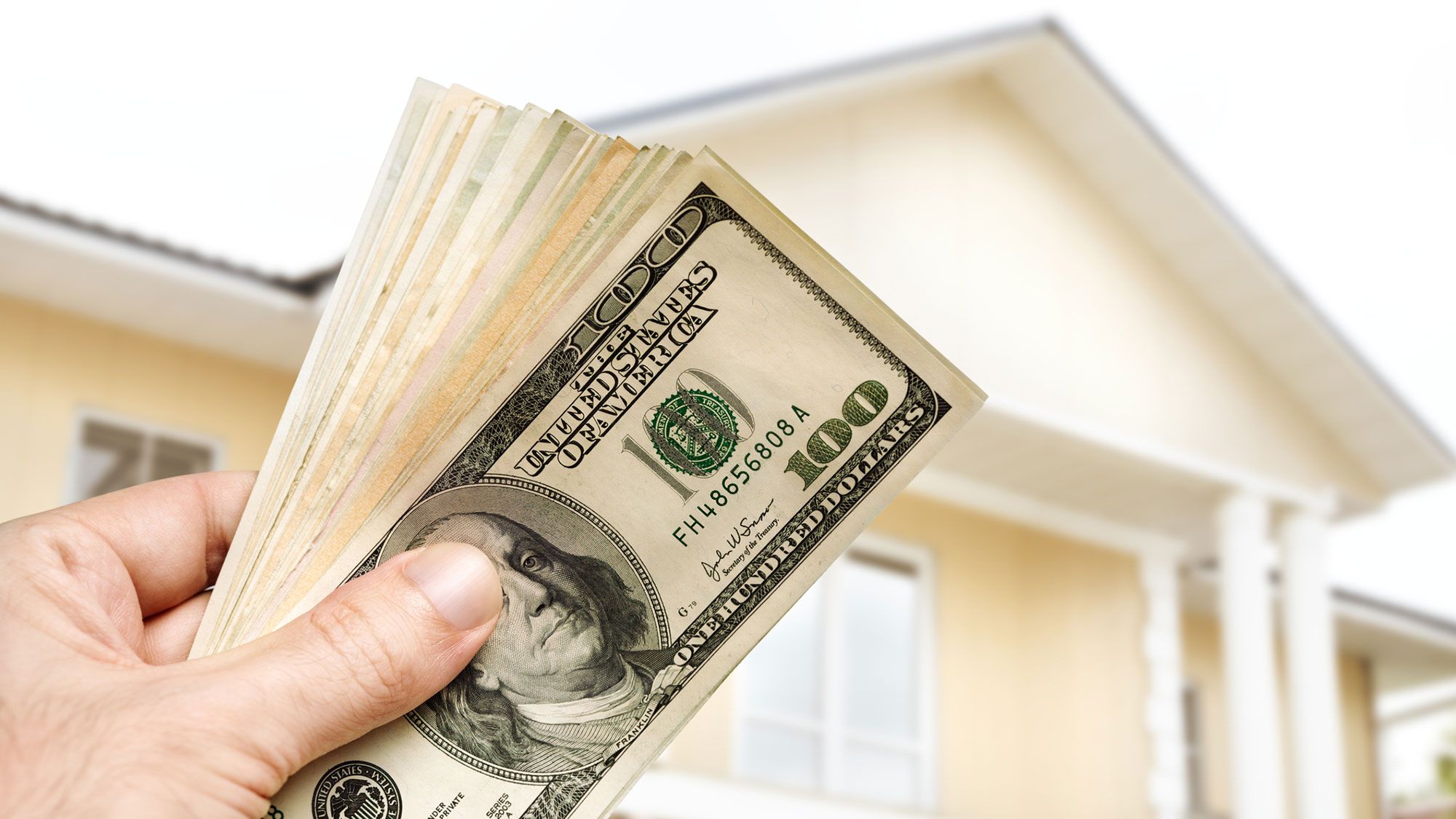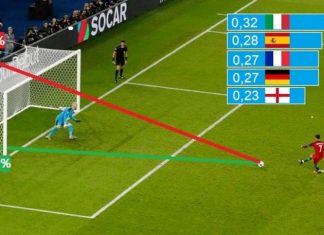The latest trend in sports betting is called Cash Out. This tool offered by betting operators allow bettors to secure their profits or minimize their losses before the referee’s final whistle. Yet, by Cashing Out, they are effectively making bookmakers richer. Let’s see why.
Cash Out in soccer betting (examples)
First, explaining Cash Out is in order with an example in football betting. Say a football game is going in favor of a bettor. During live betting, they are able to take their profits earlier by using the Cash Out tool. Of course, they stand to make a bit less money than their initial reward, depending on the odds they decide to execute the order.
On the contrary, if their selected team is struggling and has already conceded a goal or two, the bettor can now minimize or keep their losses under control by Cashing Out. Again, the affected total risk amount depends on the available odds at that time and obviously, they cannot save their whole wager.
Example:
► Say you bet 10 euros at 3.00 and in-play odds have now shortened to 2.00. Hurray! Cash Out offers you 15 euros (instead of 30) to get out and take your profit. No more feeling stressful each time your team is defending till the end. If on the other hand odds drifted to 5.00, Cash Out gives you 6 euros back to abandon the game before it’s really too late and lose 10 euros. By doing so, it “seems” you are saving 4 euros.
Sport bettors are easily tempted by Cash Out. Known for their impatience, gamblers want to take profits as soon as possible, while they are always scared of losing money. Both tendencies lead them to try Cash Out and probably get addicted to it.
So, where is the catch?
In the example above, the fortunate bettor has the opportunity to get paid 15 euros in the event odds having shortened to 2.00. That would have been the price of a fair Cash Out. Fair, as calculated by this formula:
((X*(Y-1)) – (X*(Z-1)))/Z
Where:
- Χ = original stake
- Υ = original starting odds
- Ζ = final odds at Cash Out
Yet, the betting operator will offer 13 euros to the bettor instead of 15! This is due to the operator’s vigorish, which translates in profit margin for the bookmaker.
By taking “advantage” of the Cash Out tool, the bettor effectively agrees betting on the two other likely outcomes of the game, besides their original selection. Thus, if they had bet on home win originally, they are now betting on X2 by Cashing Out. As a result, they have bet on all possible outcomes.
Warning: Cash Out should not be confused with Greening Up (applying maths to hedge your profit) at betting exchanges, a process that is almost always recommended.
However, gaming operators’ betting books are never priced at 100%. They are in fact, returning about 90% to bettors. That remaining 10% is known as vig to keep them profitable. Therefore, Cash Out leads bettors to increase their stake by placing another disadvantageous bet at the same football game!
How?

While originally the sports bettor placed a bet at theoretically –EV odds, they are now lured into placing another bet under the same conditions! Yet, now the disadvantage is well concealed behind the attractiveness of Cash Out, either by securing a profit or minimizing the loss.
The sports betting company has doubled its profits via Cash Out!
Pay attention. Initially, our sports bettor bet 10 euros at, say, 10% disadvantage, given fair odds should have been 3.40 instead of 3.00. That equals with 1 euro in long-term net loss. Going straight into the Cash Out trap, they place yet another bet at 10% disadvantage. This time the stake is hypothetically 15 euros.
Summing it all up, their net loss in the long run stands at 1+1.50=2.50 euros.
The sports betting company has doubled its profits via Cash Out!
Or did you think gaming operators were minding your wallet’s benefit, when introducing new tools in their betting interface?
Their goal is to keep you entertained and happy, while betting at them. If by offering you the Cash Out tool, they tempt you to spend more time and money on their betting platforms, they succeed their ultimate goal. Just, don’t expect them to do that selflessly!
When to use “Cash Out” Option:
There is, of course, no exact science to this. If there was then we would all be millionaires but there are occasions when I would advise taking your cash early and banking that profit.
► Waiting on the last leg of a large accumulator – it’s that agonising wait for the Monday night game to collect on your 7-fold, the other six games have bolted in but your almost regretting the decision to add West Brom at home to Aston Villa. Check your account and see what the Cash Out offer is – just consider the feeling you’ll have if West Brom let you down and you didn’t take the 200 EUR on offer.
► Last 15 minutes – you have 15 minutes left and Peterborough have just scored to go two nil edging you closer to a payout but your final match has just a slender 1-0 lead – and you backed the away win. In these instances, when every team on your acca is winning and you enter the final 15 mins of a tight game, I would seriously advise looking at the Cash Out option. There is nothing worse than that empty feeling when you are gazumped by a 90th minute equaliser.
When the offer is too good to turn down – This usually happens when you’ve had a change of heart or some team news has gone against you. If you think the last leg of the acca looks doomed before kickoff then you are best advised to get the hell out of there and cash out early.
It’s worth remembering that you won’t be able to cash out at certain times during the action. It’s common practice for bookies to withdraw the cash out option during the injury time of the action or when a penalty or red card is awarded. So don’t wait around for too long – if you want to cash out, do it before that late goal against you is scored!












